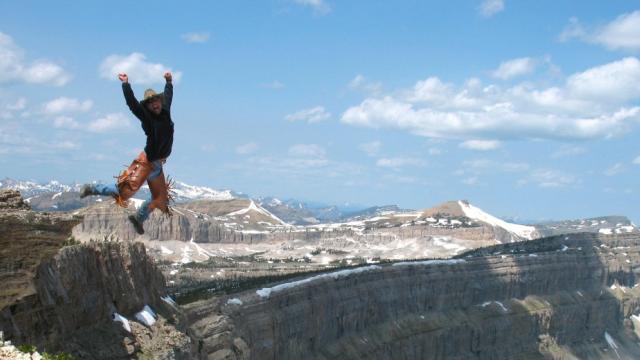
In the face of growing pressure from President Obama and frustration from local communities for its failure to pass meaningful land conservation legislation in the past five years, Congress sent a package of dozens of land conservation bills to the President’s desk for signature on Friday.
All together, the bills — which were added to a defense spending bill that was approved on Friday — protect more than 1 million acres of national parks, wilderness areas, and wild and scenic rivers. It is the most significant piece of land conservation legislation that Congress has passed since 2009.
“In addition to setting aside nearly a quarter million acres of wilderness in the American West, it also expands more than a dozen of our national parks to protect more of this country’s natural splendor for future generations,” said House Minority Whip Steny Hoyer (D-MD).
The bills passed Friday include protections for 244,970 acres of new wilderness, including an addition to the Bob Marshall Wilderness in Montana, the creation of the Columbine-Hondo Wilderness in New Mexico, the Pine Forest Range and Wovoka Wildernesses in Nevada, and the Hermosa Creek Wilderness in Colorado.
The package also designates 208,160 acres in Montana as the Rocky Mountain Front Conservation Management Area, protects 70,650 acres in Colorado as the Hermosa Creek Special Management Area, and adds more than 100 miles of rivers to the National Wild and Scenic Rivers System.
Beginning with his State of the Union address in January, President Obama has issued a series of challenges to Congress this year to take action on stalled lands bills.
“Congress is sitting on dozens of bills that would help protect our precious land and wildlife,” the President said in May as he signed a proclamation that used executive authority to protect the Organ Mountains-Desert Peaks in New Mexico as a national monument
“And by one count, there’s a set of 10 land conservation bills that have been introduced a combined 52 times over the past 30 years, and they are still stuck. So I’m here to pick up a little bit of the slack.”
In addition to the conservation measures included in the package, several controversial provisions targeted to drilling and mining interests cleared Congress.
A measure that facilitates the development of Rio Tinto PLC’s Resolution Copper project near Superior, Arizona, for example, was added, as was a bill that transfers coal reserves in the Bull Mountains of Montana to Great Northern Properties, a Houston-based coal company. Both measures have drawn strong criticism for their expected environmental impacts.
As a Christmas tree bill enjoying a rare showing of widespread bipartisan support, it passed the House by a vote of 300-119 last Thursday and the Senate by 89-11. The package of legislation is expected to be signed by the President in the coming days.
3 WAYS TO SHOW YOUR SUPPORT
- Log in to post comments











